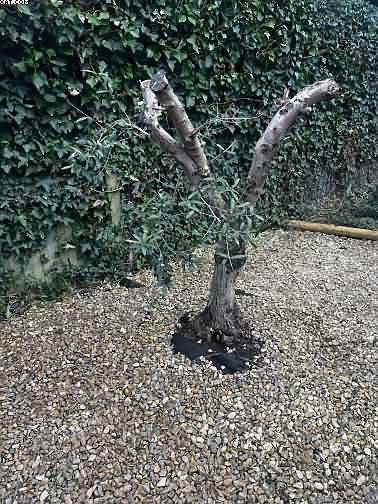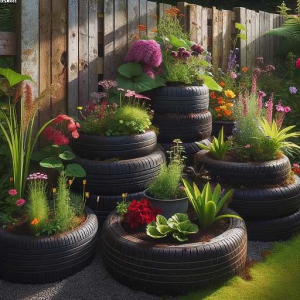Growing Olive Trees in Yorkshire
Table of contents
Growing Olive Trees in Yorkshire

Growing Olive Trees in Yorkshire
Growing Olive Trees in Yorkshire
UK Olive Tree Production:
A Touch of Mediterranean in your Yorkshire garden
Growing olive trees could be the answer if you’ve ever wanted to add a little Mediterranean sunshine to your Yorkshire garden here in the UK. Although olives are associated with nations such as Italy and Greece, it is quite feasible to grow these hardy trees here in Britain, including in Mirfield, where I enjoy my gardening.
Selecting the Appropriate Type
It’s important to select the appropriate olive variety for our relatively cooler climate before you get your hands dirty. For gardens in the UK, varieties like as ‘Arbequina’ and ‘Picual’ are perfect because of their reputation for withstanding warmer temperatures. If given the proper care and attention, these trees can flourish in addition to surviving.
Starting Out: Site Selection and Planting
Let’s go on to the details. Olive trees require sunshine to thrive, so locate them in a sunny area of your garden where they can get it all day. Additionally, they like well-drained soil, so if your soil is clay-like or heavy in general, you might want to add some sand or grit to help with drainage.
Dig a hole that is somewhat bigger than the tree’s root ball when planting. Planting the tree a little above ground level can help avoid water collecting around the base, which can lead to root rot, which is really bad news for our olive buddies.
Taking Good Care of Your Olive Tree
It’s time to consider maintenance once your olive tree has established itself. Once established, olives require very little care, which is one of their many wonderful qualities. Here are some pointers to keep them content:
Watering: Young olive trees require regular irrigation, especially during dry seasons, while mature plants can withstand periods of drought.
Feeding: To promote healthy growth and fruiting, fertilise your olive tree with a balanced blend in the spring.
Pruning: In order to maintain the shape of your tree and promote fruit output, pruning is necessary. When there is no longer a chance of frost, try to prune in late spring or early summer.
Protection from frost (something I have never considered) Although olive trees are hardy, young trees may require protection from the cold. During especially cold temperatures, bring them inside or wrap them in horticultural fleece.As I have said, I haven’t done this yet ! However, my five olive trees have all lost all their leaves during the last 2024 winter. Possibly because we had long cold spells.
This is the second time they have done this! I may think about not pruning them like I always do after the summer growth. Incidentally, they always grow a full head of leaves during the summer months.
How to Gather Your Own Olives (if your lucky !)
The exciting part is about to begin: gathering your own olives! Olives ripen in the UK, typically in October. When their colour changes from green to a purplish-black hue, you will know they are ready. Harvest by hand with caution, then savour the results of your effort.
This is something that has never happened to me yet. As a result, I believe that your chances of flowering and then berries increase the further south you live in the UK.
A Small Dollop of Regional Character
Grown here in Mirfield, a town renowned for its hard work ethic and breathtaking scenery, olive trees may give your yard a hint of the exotic. Imagine sipping tea on your lawn in the shade of olive trees that remind you of sunny Mediterranean vacations. It’s a lovely contrast that combines the appeal of the world with local tenacity.
In summary
Thus, cultivating olive trees in the UK can be a fulfilling experience for everyone interested in taking on new tasks, regardless of gardening skill level. It’s an opportunity to reconnect with nature, delight your senses, and maybe even show off your gardening skills to your neighbours. A Mirfield olive grove of your very own could be within reach with a little perseverance, love, and care. Let’s toast to infusing our British gardens with a hint of the Mediterranean!
